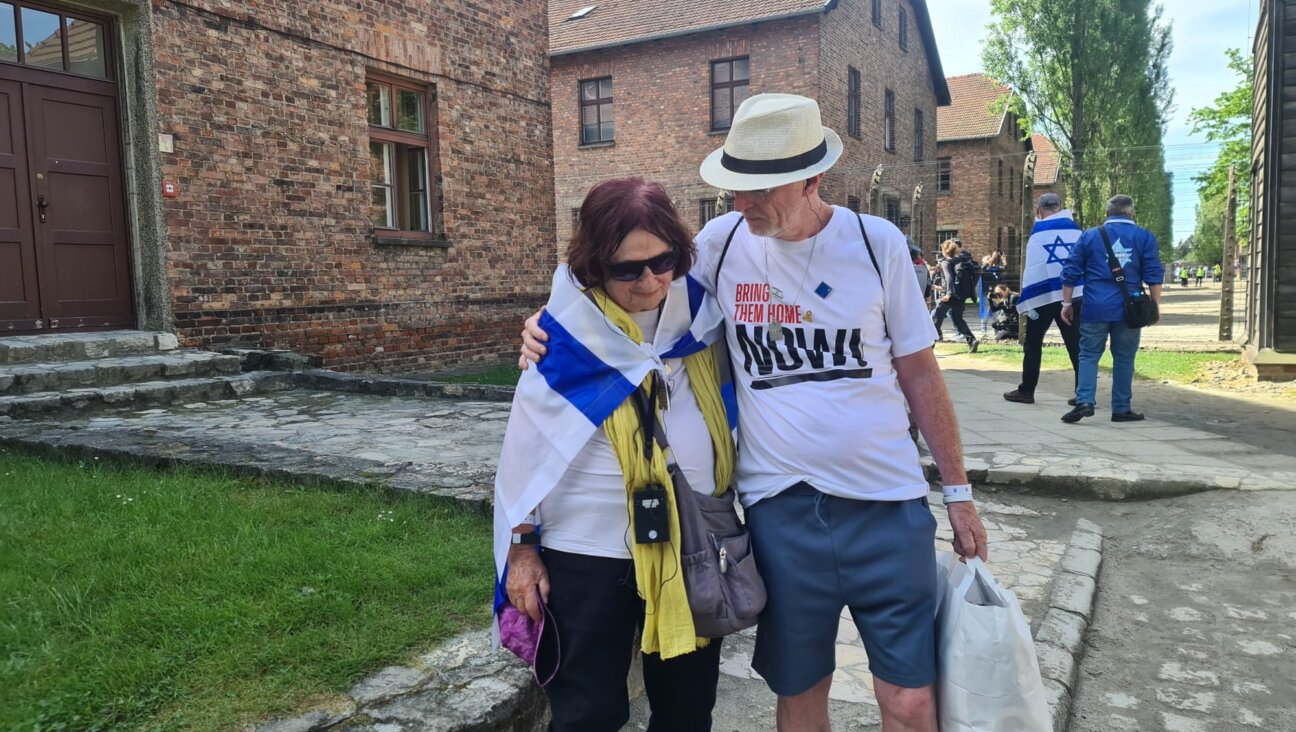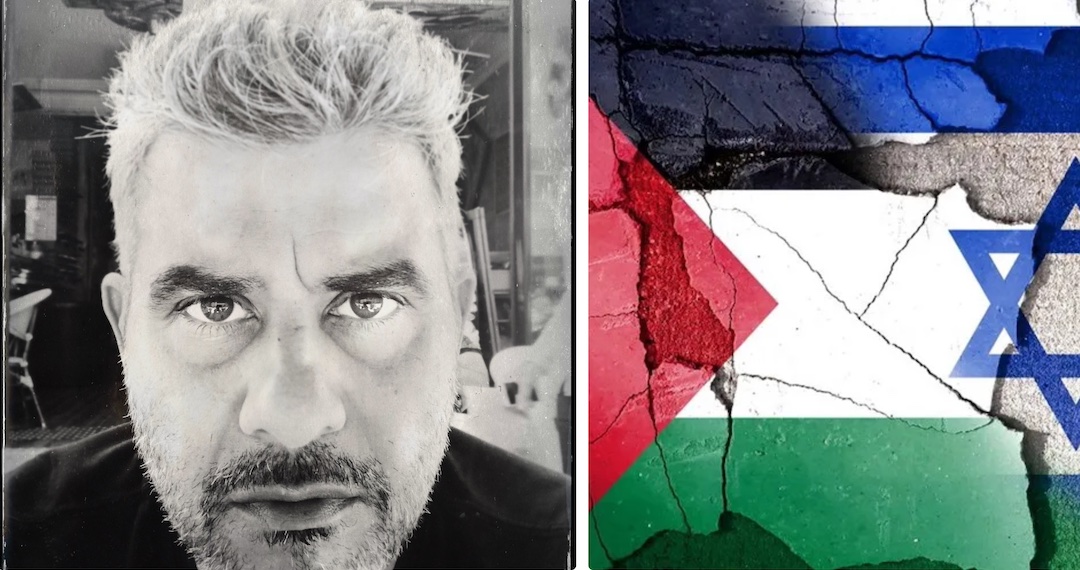Galeet Dardashti
For many of us, Jewish sacred music evokes deeply personal and powerful memories of family, community, and often of those no longer with us. For this reason, many greet deviations from our own experience with Jewish sonic ritual with ire. Yet while some may be nostalgic for a specific music soundscape, Jewish musical practice—never static—constantly shifts in multiple directions, as all vibrant religious and cultural traditions do. The submissions in Soundtrack of the Spirit represent the vitality of many diverse realms of sacred Jewish creative musical expression today. — Galeet Dardashti
Vocalist and scholar, Dr. Galeet Dardashti, is the first woman to continue her family’s tradition of distinguished Persian and Jewish musicianship and she has earned a reputation as one of the most innovative performers of Jewish music today. She received a Six Points Fellowship to pursue her multi-disciplinary project and 2010 nationally acclaimed release, The Naming, which interprets some of the compelling women of the Bible. Time Out New York called The Naming “urgent, heartfelt and hypnotic,” and The Huffington Post described it as “heart-stopping.” In her most recent commissioned multi-sensory piece, Monajat, Dardashti—accompanied by an acclaimed ensemble of Middle Eastern and jazz musicians—reinvents the reflective musical ritual of Selihot using digital technology to sing with recordings of her famed Iranian grandfather. She is also the leader of the renowned all-female power-house Mizrahi ensemble, Divahn and has significant cantorial experience. As a scholar, she holds a Ph.D. in anthropology, specializing in cultural politics and contemporary Middle Eastern/Arab music in Israel. She offers residencies, lectures, courses, and interactive workshops on her artistic and academic work throughout the US and abroad and is currently a Visiting Scholar at NYU’s Taub Center for Israel Studies.

I hope you appreciated this article. Before you go, I’d like to ask you to please support the Forward’s award-winning, nonprofit journalism during this critical time.
Now more than ever, American Jews need independent news they can trust, with reporting driven by truth, not ideology. We serve you, not any ideological agenda.
At a time when other newsrooms are closing or cutting back, the Forward has removed its paywall and invested additional resources to report on the ground from Israel and around the U.S. on the impact of the war, rising antisemitism and the protests on college campuses.
Readers like you make it all possible. Support our work by becoming a Forward Member and connect with our journalism and your community.
Make a gift of any size and become a Forward member today. You’ll support our mission to tell the American Jewish story fully and fairly.
— Rachel Fishman Feddersen, Publisher and CEO
Join our mission to tell the Jewish story fully and fairly.
























